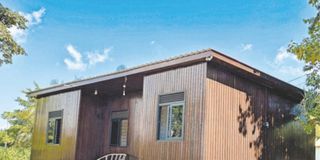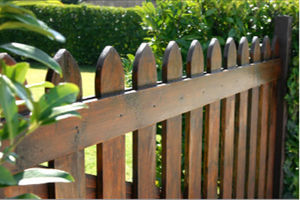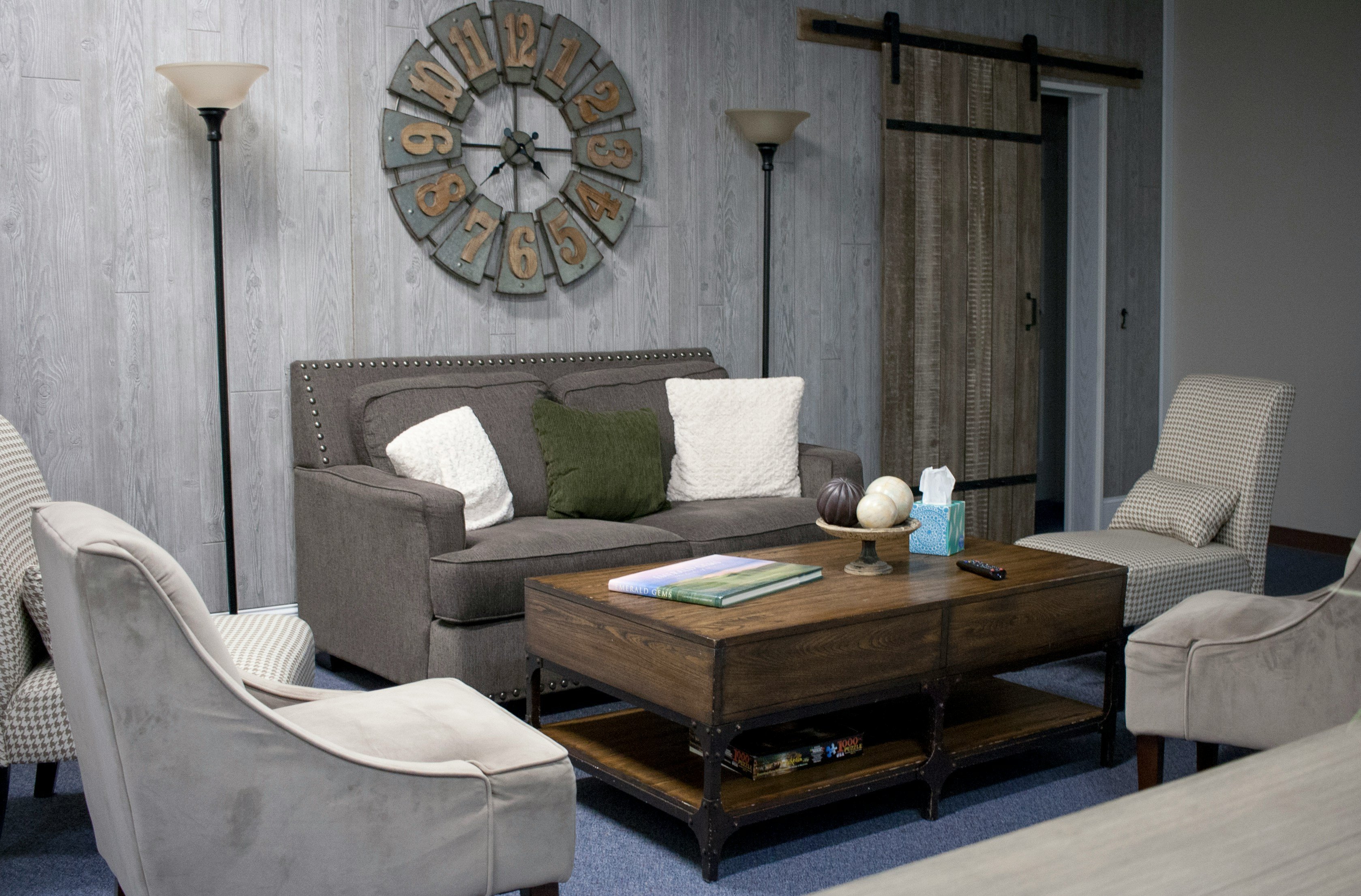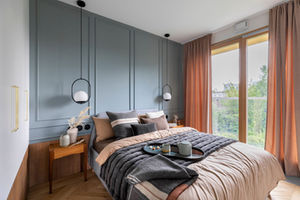
In Uganda, traditionally, houses are built using cement and sand concrete, which often determines the overall cost of construction. However, there is an alternative approach that is both cost-effective and eco-friendly; using treated timber. This concept, though not yet widely adopted in Uganda, offers a sustainable solution for constructing homes.
Brian Kulubya explains that the "Easy Housing" concept is based on Environmental protection and reducing carbon footprint while still providing a durable home with all necessary amenities for comfortable living. Instead of relying on conventional concrete, this approach uses treated pine timber. Importantly, no Indigenous trees are harmed or endangered in the process.
Busoga Forestry Company, which specialises in commercial timber, supplies the treated wood. The company is involved in planting pine trees, harvesting them, and processing the timber into a durable material suitable for construction. This method not only supports sustainable forestry practices but also provides an attractive and practical alternative to traditional building materials.
Sustainability
At a time when there is growing concern over deforestation and increasing advocacy for afforestation, Busoga Forestry Company stands out with its commitment to sustainability. For every tree harvested, the company plants new ones, covering an area equivalent to the size of a football field (100 by 100 meters).
Trees are naturally regenerative, and the practice of planting and re-planting ensures a continual cycle of growth. Busoga Forestry operates two plantations in Uganda; Bukaleba and Kachung and is certified by the Forestry Stewardship Council (FSC). This certification underscores the company’s dedication to environmental conservation and responsible forest management.
Additionally, the materials used in their construction projects are fully recyclable. Components such as screws, bricks for foundations, roof sheets, and aluminum windows and doors can be dismantled and reused. Unlike conventional concrete, which has been shown to emit around eight percent of global carbon emissions, timber used in construction does not release harmful gases. This makes timber a more environmentally friendly alternative, aligning with the principles of sustainable building practices.
Models
Kulubya, a sales executive with Easy Housing and a conservationist with a degree in sustainable forestry from Nyabyeya Forestry College highlights how the company's efforts are addressing Uganda's significant housing deficit of 2.4 million. Easy Housing's prefabricated homes are assembled in Kireka and then transported to clients' sites for final placement.
The company's offerings include various models, such as the one-bedroom monopitch house. This design features a sloping roof that is higher on one side, providing a modern and aesthetically pleasing look. Measuring 31 square meters, this house includes a bedroom, a sitting room, a kitchen, and a bathroom with a shower and sink, all finished with tiles. The cost of this model is Shs45.3 million.
For those in need of more space, Easy Housing also offers a two-bedroom monopitch house with a similar design and layout, occupying 42 square metres.
While both the one- and two-bedroom models have flat roofs, the three- and four-bedroom houses feature triangu[1]lar roofs. The three-bedroom house cov[1]ers 46 square meters, and the four-bedroom house spans 105 square meters.
All homes are bungalows, elevated to prevent issues from flooding, allow for efficient water drainage, and promote better air circulation while providing protection from termites. Additionally, these homes are designed to be movable, making relocation easier if necessary. In response to the challenges posed by climate change, this innovative housing concept stands out as both environmentally sustainable and affordable, offering a practical solution to modern housing needs.
Cost
A one-bedroom house from Easy Housing costs Shs35m. Each construction involves the efforts of approximately 20 people, including carpenters who handle the re-fabrication, supervising engineers who oversee the assembly, builders who construct biodigesters, as well as electricians, plumbers, and specialists who install solar
Panels.
Wolf Bierens, the founder and Chief Executive Officer (CEO) of Easy Housing, explains that their housing concept integrates both energy and water cycles.
“For example, we use solar home systems to generate renewable energy for the residents,” says Bierens, noting that their building system incorporates numerous sustainable methods.
Impact
Kulubya highlights that Easy Housing upholds five key impact metrics. One of these is the forest area sustained by carbon storage, which amounts to 20 tonnes of carbon dioxide through photosynthesis. Pine trees, which take 15 years to mature, play a crucial role in this process.
Kulubya explains that if these trees are not harvested at the right time, they will begin to decompose slowly, releasing carbon dioxide back into the atmosphere. Thus, timely harvesting is essential to maximise their carbon storage
Benefits. Biodiversity is also a major focus, as trees provide vital oxygen during their 15-year lifespan and contribute to ecosystem restoration.
Kulubya, a forest scientist, emphasizes that pine trees are a preferred source of timber due to their ease of replanting, unlike indigenous species found in tropical forests such as Mabira, which require much longer to replace or replenish.
Despite the advantages of timber houses over traditional concrete homes, many Ugandans remain unconvinced. Nevertheless, environmentalists and initiatives like Easy Housing continue to raise awareness about the benefits of choosing construction projects with a lower carbon footprint, advocating for more sustainable building
Practices. Wooden houses are currently in vogue and highly recommended for their warm, natural aesthetic, which many find appealing.





